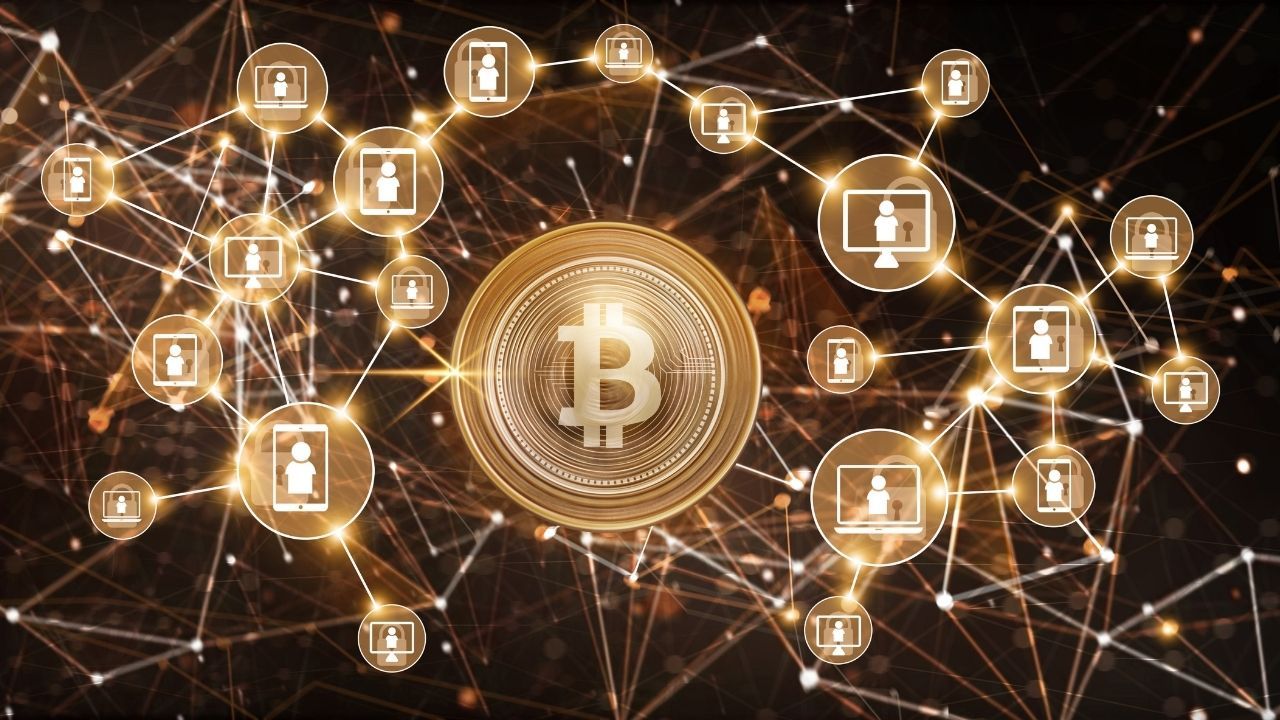Will Bitcoin Help To Regain Trust In The Financial System?

One of the topics that I find immensely interesting to follow is bitcoin and blockchain. While most people combine bitcoin and blockchain into one discussion, like I just did, these are two separate entities. In my future blog posts, I will go into a more in-depth discussion on each, but for now, I will mention them in one conversation, using the research from Alec Ross's book The Industries of the Future.
Skepticism and declining trust in the current financial system after the financial crisis of 2008 have led to the reimagining of monetary exchange. For most of our lives, we have only known "fiat currency," a government-issued currency, with its supply controlled by a central bank. In the traditional model, a fiat currency system is based on trust in the government and the national economy.
Then, amid the Great Recession, on October 31, 2008, a research paper, Bitcoin: A Peer-to-Peer Electronic Cash System, was published by a mysterious author, Satoshi Nakamoto. In that paper, Satoshi Nakamoto condemned state-based currencies and called for the creation of decentralized digital currency.
"The root problem with conventional currency is all the trust that's required to make it work. The central bank must be trusted not to debase the currency, but the history of fiat currencies is full of breaches of that trust. Banks must be trusted to hold our money and transfer it electronically, but they lend it out in waves of credit bubbles with barely a fraction in reserve."
The bitcoin community that was created following the release of the research paper is seeking to rebuild trust in the financial system by establishing a trust-based financial system, using algorithms and encryption. The members of the community want bitcoin to be a public ledger with trusted transactions, rather than just currency.
When we hear the term bitcoin wallet, we imagine a place to store bitcoins. However, bitcoin wallets do not do that. Instead, they hold the coins' private keys, which cryptographic algorithms require to transact. To pay with bitcoin, a buyer needs to know the seller's public address and the public address of the buyer's coins. To complete the transaction, the buyer verifies the ownership of his coins by entering the private key from the bitcoin wallet.
Every private-key-verified transaction gets regularly entered on the blockchain ledger without relying on the central bank or other intermediaries. The central bank is also not needed to increase the money supply as bitcoin operates as a decentralized peer-to-peer digital network. The money supply is regulated by "mining" coins of a specific digital currency through the computers in the network. Mining occurs when a computer solves and verifies the algorithms that keep the blockchain up to date. The mining process is intentionally challenging in order to regulate the flow of new bitcoins. For example, it takes, on average, ten minutes to solve an algorithm.
The blockchain infrastructure has the potential to make regular transactions more reliable and less prone to fraud. However, because of its radically new nature, blockchain and bitcoin were initially met with great skepticism and even hostility by the financial services industry. That has been changing over the past several years with many top financial institutions investing millions of dollars in bitcoin and blockchain companies. Similarly, governments have also struggled to adapt to the new technology, initially prohibiting the use of bitcoin, but later reversing those actions and even supporting further innovation in blockchain.
Ross recommends viewing bitcoin not as a currency, but as a protocol for trusted transactions. He compares it to HTML when it became the protocol markup language for the Internet several decades ago. The Internet was also initially very confusing, just like the blockchain seems today. However, comfort with blockchain will increase once safer and more user-friendly wallets and trading platforms are introduced.
The future of bitcoin and blockchain is fascinating to watch. As Joichi Ito, a researcher and venture capitalist, says: "My hunch is that The Blockchain will be to banking, law, and accountancy as The Internet was to media, commerce, and advertising. It will lower costs, disintermediate many layers of business and reduce friction. As we know, one person's friction is another person's revenue."
